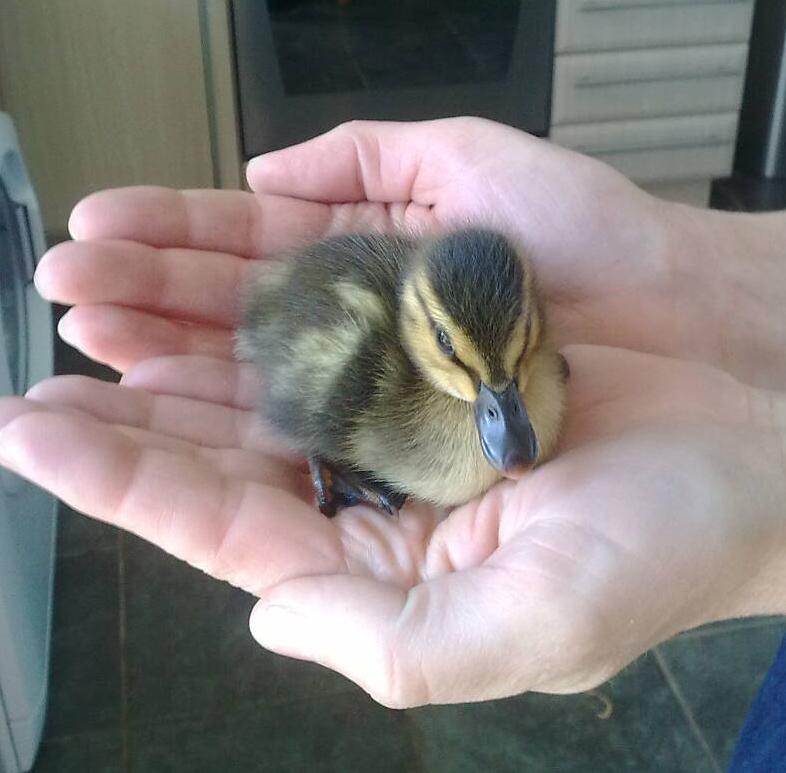Animal welfare central to council policy

Outlawing goldfish and other pets as prizes, banning any form of hunting on council land and reuniting stray dogs with their owners quickly are priorities in a new animal welfare charter.
The charter – produced by Newcastle-under-Lyme Borough Council as part of a motion, seconded by Council Leader Simon Tagg, which received unanimous support at Full Council – demonstrates its commitment to protecting and promoting the welfare of domestic and wild animals in relation to its powers and duties in this area of work.
The guidelines – based on principles adopted by the RSPCA – range from promoting responsible pet ownership to the care of exotic animals and from angling to pesticide use on council-controlled public open spaces.
Cllr. David Hutchison, Cabinet member for Sustainable Environment, said:
As a nation, we are rightly proud of our reputation for being animal lovers. We all want to ensure that the welfare of animals is paramount in any given situation, whether they are a beloved pet dog, a fish in a local pond, a horse in a field or part of our local wildlife.
The council comes into contact with animals in many different ways during its work, via licensing and enforcement powers and duties, and remains committed now, and in the future, to protecting their rights and welfare. That commitment ranges from practical steps such as controlling the use of council land and enforcing legislation where necessary, limiting the use of pesticides on open spaces and having an efficient system in place for collecting stray dogs and seeking to reunite them with their owners quickly.
It’s hoped that adopting this charter will also inspire others to help create a borough where all animals have a life free from cruel treatment – and unnecessary suffering – and are treated with respect, kindness and compassion.”
Once the charter is adopted by Full Council, it will be displayed on the council’s website and then regularly reviewed and updated to reflect changes in public opinion and national legislation.
As a result of the same council motion, officers are now going to canvas other local authorities about collectively writing to the Government urging an outright ban on the giving of live animals as prizes on both public and private land.

